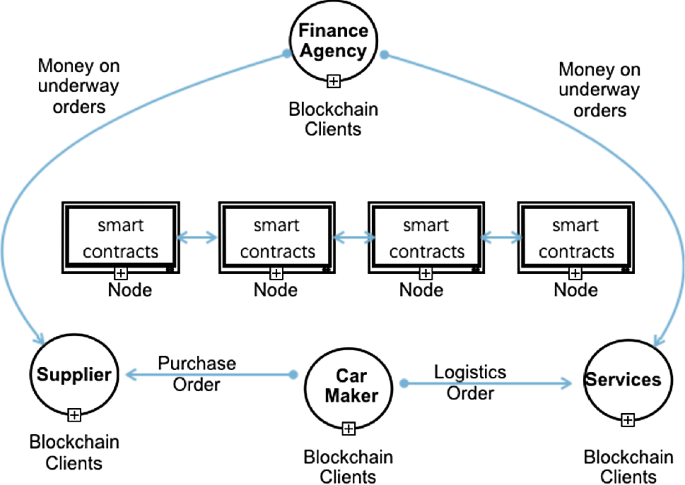Advertisement
Regulatory trends in the global sphere—take the U.S. as examples
Bitcoin is beginning to cut its figure as a digital currency. But the blockchain technology behind it has proved to have far-reaching significance.2018 is a year whenopportunities and risks coexist.Some of the leading developed countries gradually launched corresponding blockchain supervision strategies in this year, which has brought demonstration effects to the whole industry. Each country which applies blockchain has gradually established a different treatment and management attitude towards Bitcoin's underlying technology (blockchain) and digital currency.a different treatment and management attitude towards Bitcoin's underlying technology "blockchain" and digital currency.

United States: Supervision focuses on digital assets and crime prevention
The United States has always been an attitude of actively supporting regulation and supervision on the blockchain, and the federal government has given each state government the space to formulate and implement its own policies and regulations. For example, Illinois has enacted the Blockchain Technology Act, which allows the use of blockchains for business and prohibits local governments from restricting blockchains or smart contracts. Wyoming has passed thirteen blockchain and cryptocurrency friendly laws, and one of them is to establish a new type of bank that can hold encrypted assets for customers from 2020. Nevada adoptedRegulation No. 398, which has recognized residents' right to use blockchain, and exempted the tax on blockchain and smart contracts.
The supervision on blockchain in the United States mainly starts from three aspects.
First, attach importance to the digital asset supervision of blockchain. Although the implementation of blockchain applications is becoming more and more intense, the development of most industries is still in its infancy. At the same time, the risks and challenges are constantly evolving with the implementation of blockchain applications. In 2018, the United States frequently issued policies for digital assets, and carried out regulatory sandbox plans in key areas to avoid hindering the development of the industries due to excessive or absent supervision.
Second, implement guidelines and policies to ensure the rational and healthy development of related industries. The proliferation of blockchain application companies has led to a lot of illegal business frauds by using blockchain technology in the market.

Therefore, under the guidance of relevant policies and policies, the industry can be guided to view blockchain technology in an objective and rational manner. In the application of the double-edged sword of blockchain technology, it is necessary to affirm the positive value while avoiding blind investment and use.
Third, actively prevent the security risks of blockchain.In 2018, the United States focused its supervision on the prevention of criminal acts using digital currency and had carried out "digital currency purification activities." The U.S. government uses precautionary measures to predict the possible risks of the application industries, so as to avoid transaction risks and frequent criminal incidents which are caused by the proliferation of industry application.
Advertisement

Is A Dealership Or Private Mechanic Better For Car Repairs

Does a Returned Check Impact Your Credit Standing?

Review Of The Royal Caribbean Visa Signature Credit Card

How to Apply for Forgiveness of Your Student Loans If You Have Done Public Service

Top Ohio Mortgage Lenders

Positive Aspects of Capital One Venture

AAA Member Rewards Visa

Everything You Need to Know About Partially Amortized Loan

What Is a Bank Statement: Everything You Need to Know

Everything About the Book Value Per Share (BVPS)

Gross Debt Service Ratio
